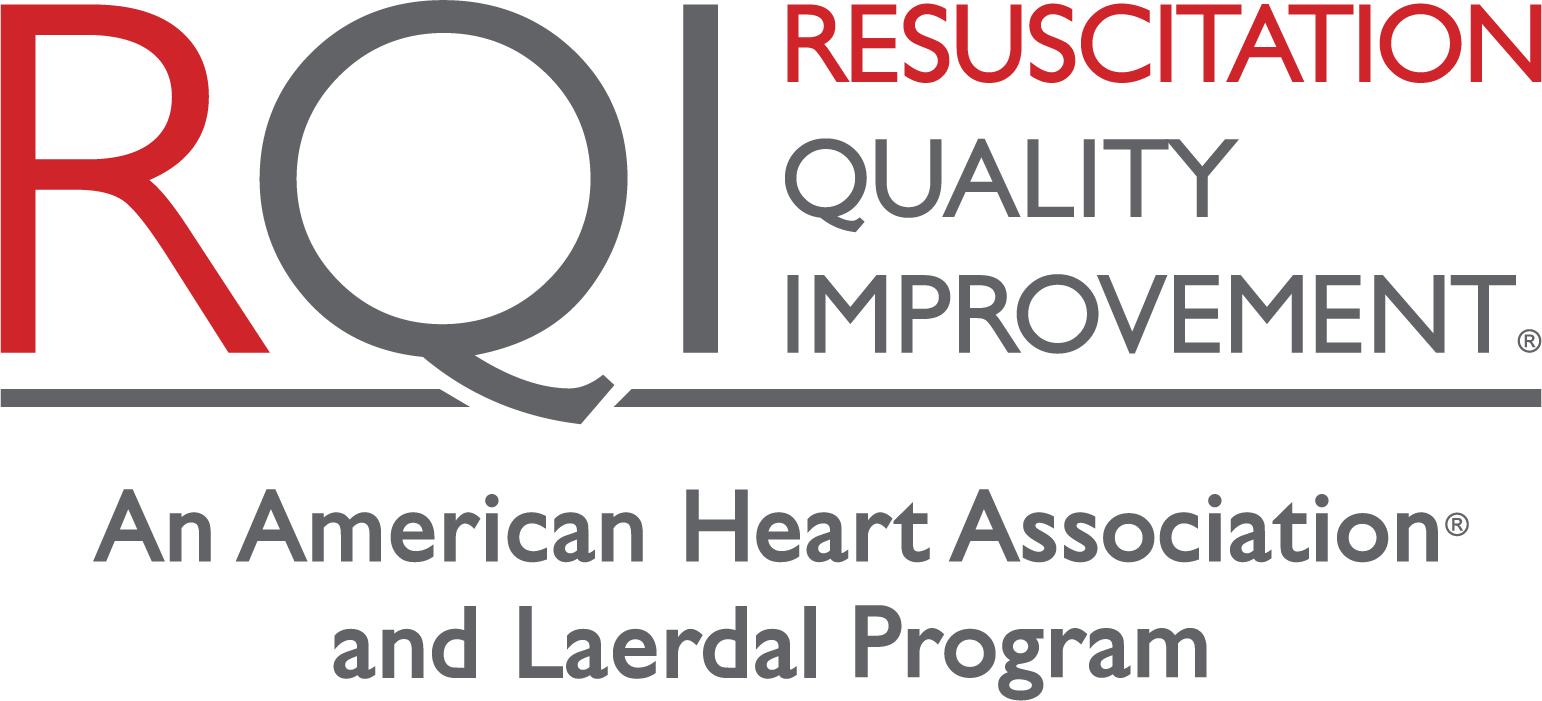Pighills, A. et al. Journal of Nursing Education and Practice. 2021
Importance of Conclusion
While effective chest compressions are the foundation of resuscitation efforts and significantly positively influence outcomes, the quality of compressions provided by healthcare providers is poor. International consensus is to provide high frequency, low dose compression training via high-fidelity mannequins that provide directive feedback to prevent skills decay and enhance skills acquisition. This pilot study evaluates the difference in healthcare provider skill levels that trained via the RQI training system (with continuous practice) and a control group that trained via traditional instructor-led training.
Key Points
- Beginning the pilot, at baseline, only 1 in 5 (21%) healthcare providers were able to pass a blinded cardiac compression assessment.
- The baseline cardiac compression score and the number of times participants practiced their skills at the RQI station were both significant predictors of reassessment scores post the baseline.
- Participants that practiced their compression skills on the RQI training system in between assessments achieved significantly higher reassessment scores than those that did not.
- A statistically negative correlation was found between time from training to reassessment, with reassessment scores decreasing as time from training to reassessment increased.
- Both training and practice increased skill scores suggesting that frequent low-dose training in cardiac compression is required.
- Technology-enhanced devices that provide immediate, objective feedback could improve patient outcomes, allow for higher frequency training and assist hospitals with logistics and cost of cardiac compression training.
